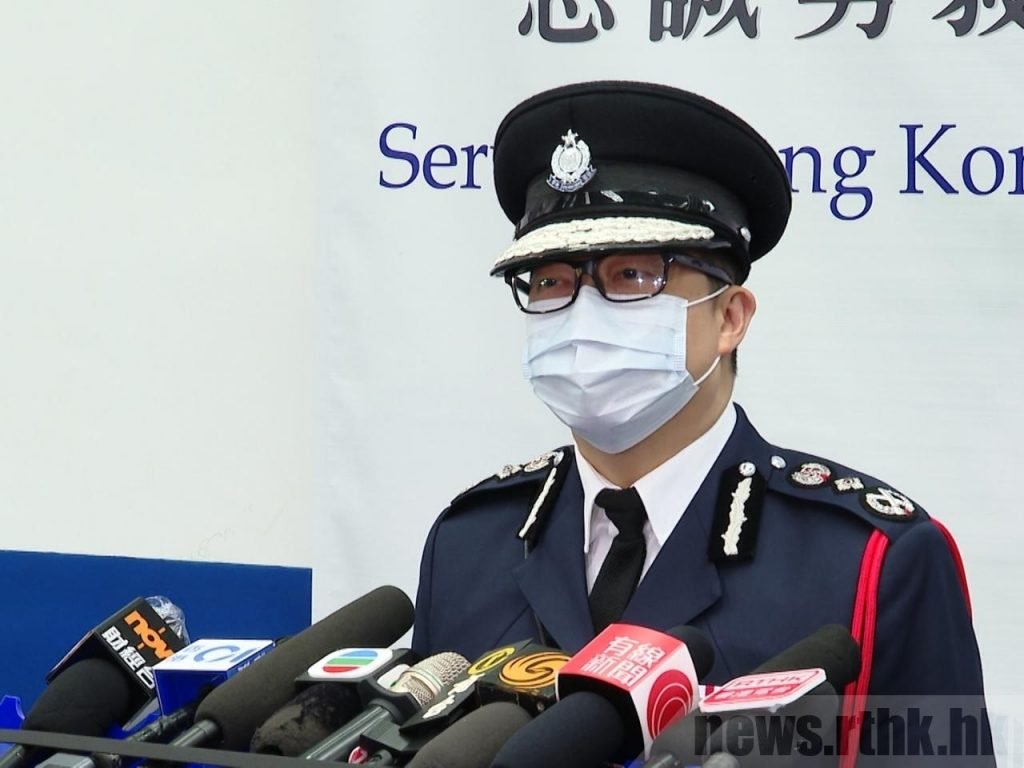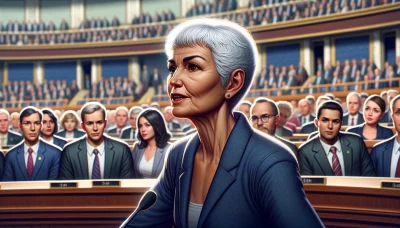‘Security law could be used to target the press’

The chairman of the Hong Kong Journalists Association, Chris Yeung, on Saturday said he’s extremely concerned that freedom of the press here could be further restrained, after Police Commissioner Chris Tang warned that the national security law could be used to tackle “fake news”.
The police chief has, for the second day in a row, accused a newspaper he didn’t name of linking children who attended the police college open day on Thursday to “black violence”.
Tang’s repeated criticism came after Apple Daily ran a side-story on its front page on Friday, saying children who attended the open day were given toy guns to play with, inside a mock-up of an MTR carriage.
A photo showing such a scene went viral on social media, and the newspaper noted that many people said it reminded them of the shocking violence meted out by police officers on people at Prince Edward MTR Station on August 31, 2019.
Addressing the media on Saturday, Tang again accused the newspaper of inciting hatred and dividing society, adding that while there are currently no laws to tackle the dissemination of “fake news”, the force can address the issue by considering whether those involved have breached the national security law or committed acts of incitement.
In response, the chairman of the Journalists Association said he’s very worried that the national security law would be “weaponised” to target the press.
Yeung said the police chief was wrong to accuse Apple Daily of spreading fake news, as the pro-democracy newspaper had published a genuine photo.
“This is not a fake photo. It’s a real photo. Being debated was about how the photo was being handled by the newspaper. But that’s a matter of judgement and different editorial treatment common in different media,” he said.
“If he [Chris Tang] thinks its fake [news], spell it out. Which part is fake?” he questioned.
Yeung added that it’s likely that the force may soon start to target media outlets or journalists for publishing news that it doesn’t like.
“Based on the commissioner’s logic, it might happen because he argued a photo could be divisive and could fuel hatred towards the police and that could fall into the national security law. That’s a very worrying example because the way different media handle pictures or their coverage is entirely based on their professional judgement,” he said.
“The case he was referring to, the way Apple Daily handled the picture, in fact could have happened to many media outlets… if his logic applies, it will affect almost everyone in the media.”
Yeung said the association has been demanding a proper dialogue with the government on various issues affecting press freedom, adding that discussions should be based on “facts and reason”.
Read More
Be the first to write a comment.







